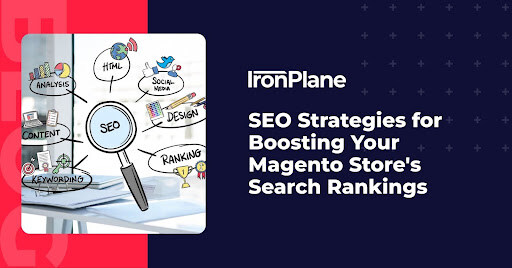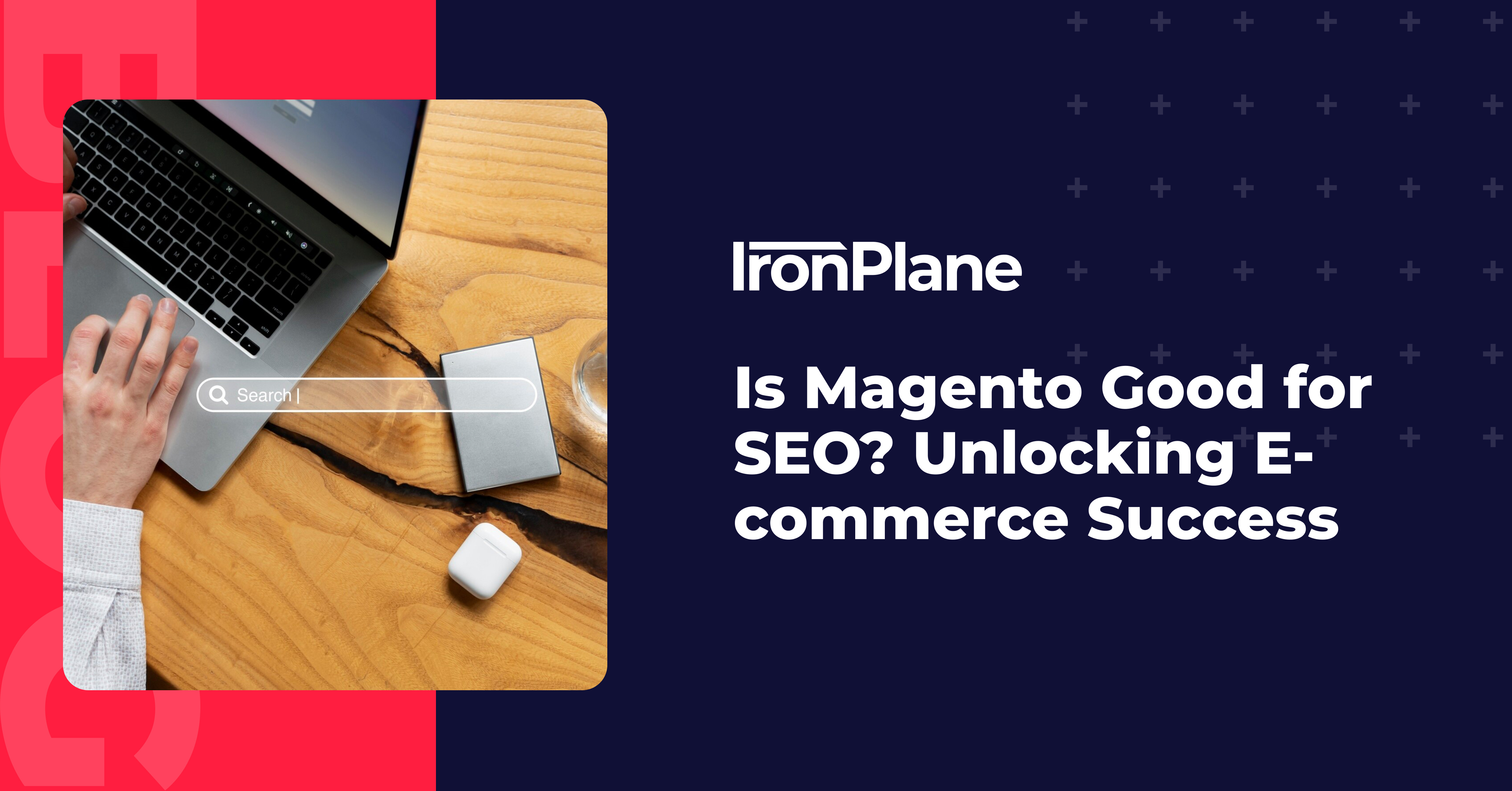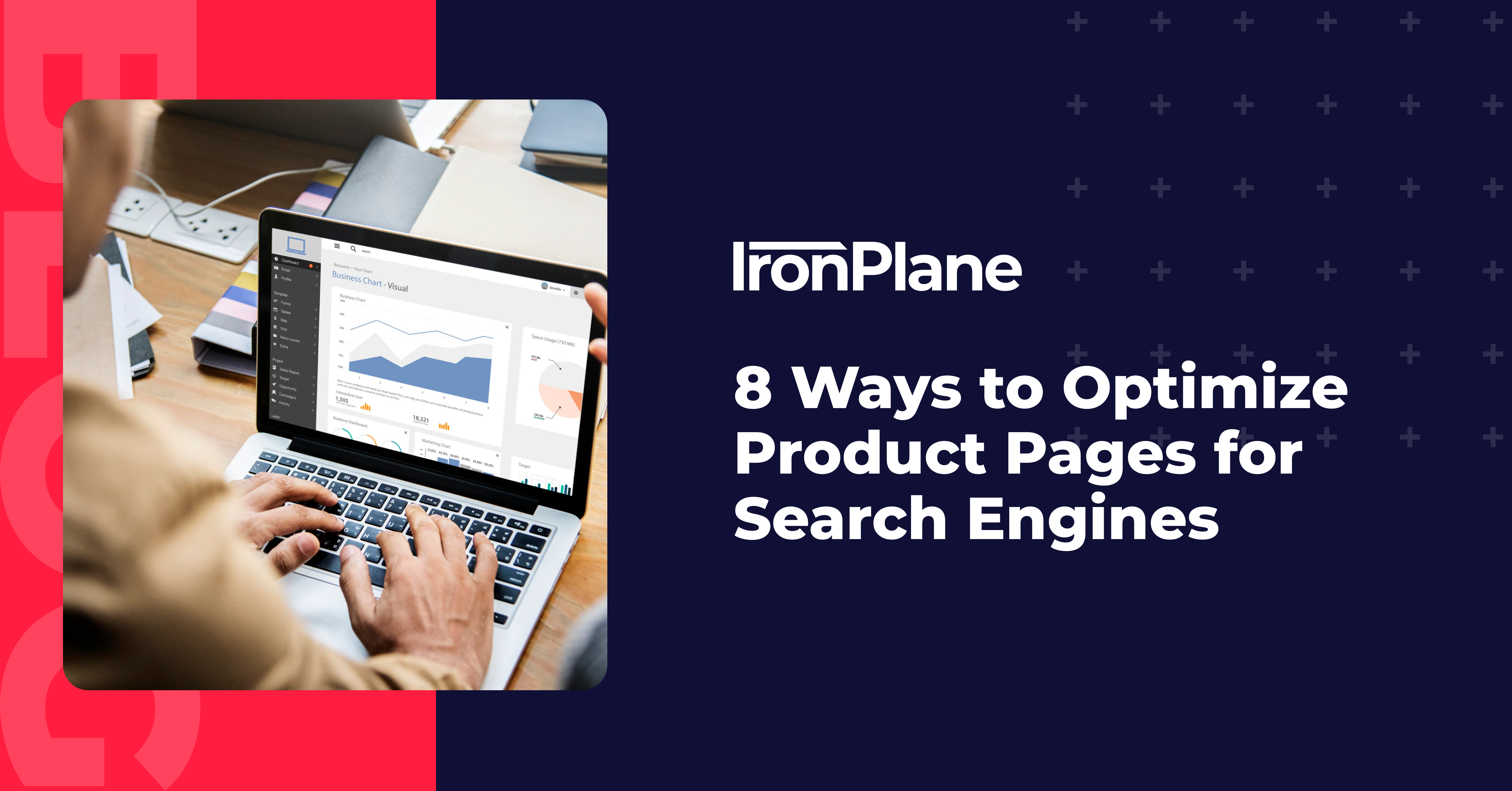SEO Strategies for Boosting Your Magento Store's Search Rankings
Are you looking to improve your Magento store's visibility in search engine results pages (SERPs)? Implementing effective SEO strategies is crucial for driving organic traffic and increasing sales.


 Jeff Zoldy
Jeff Zoldy



